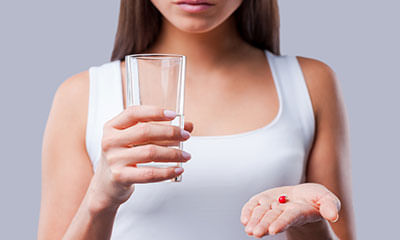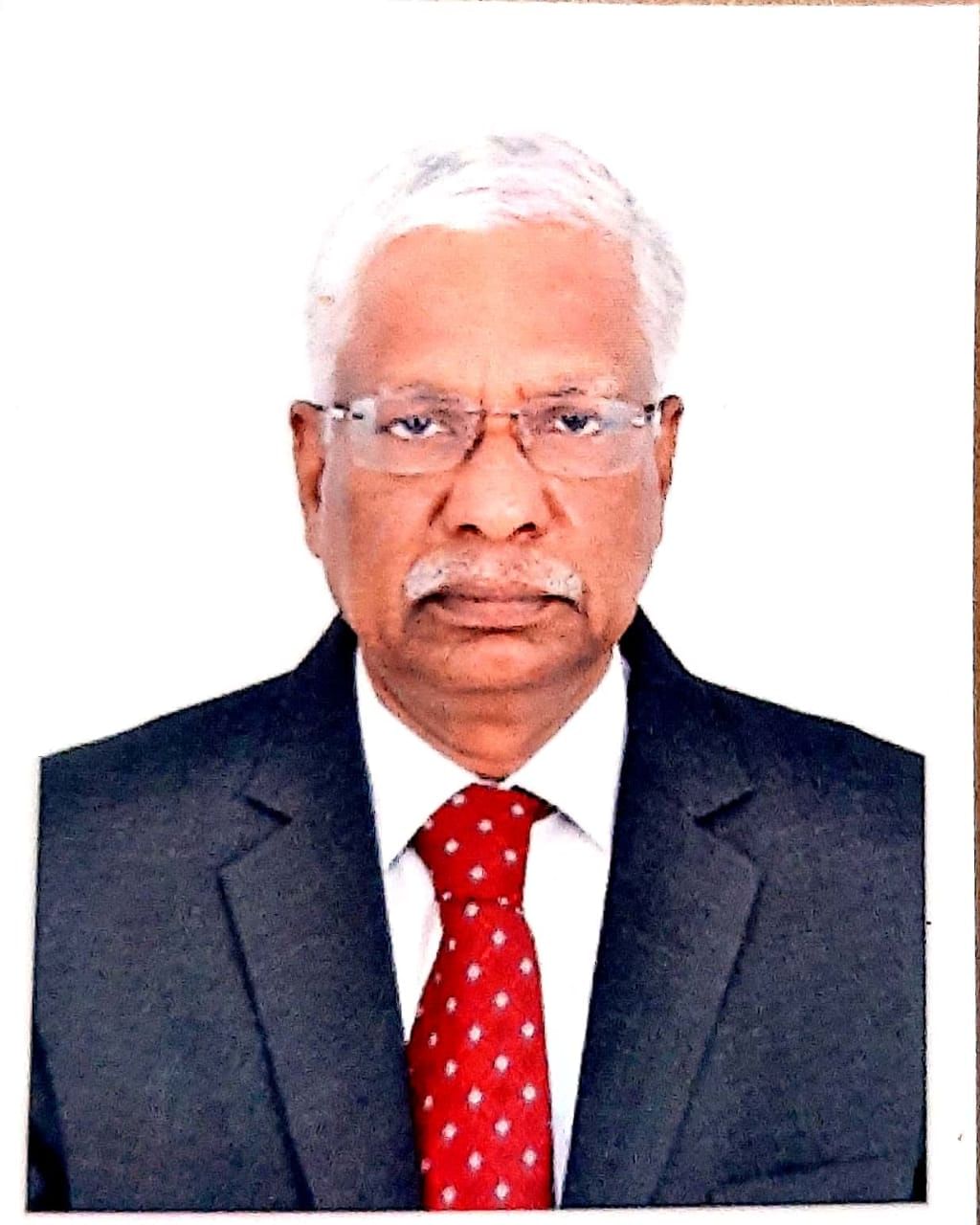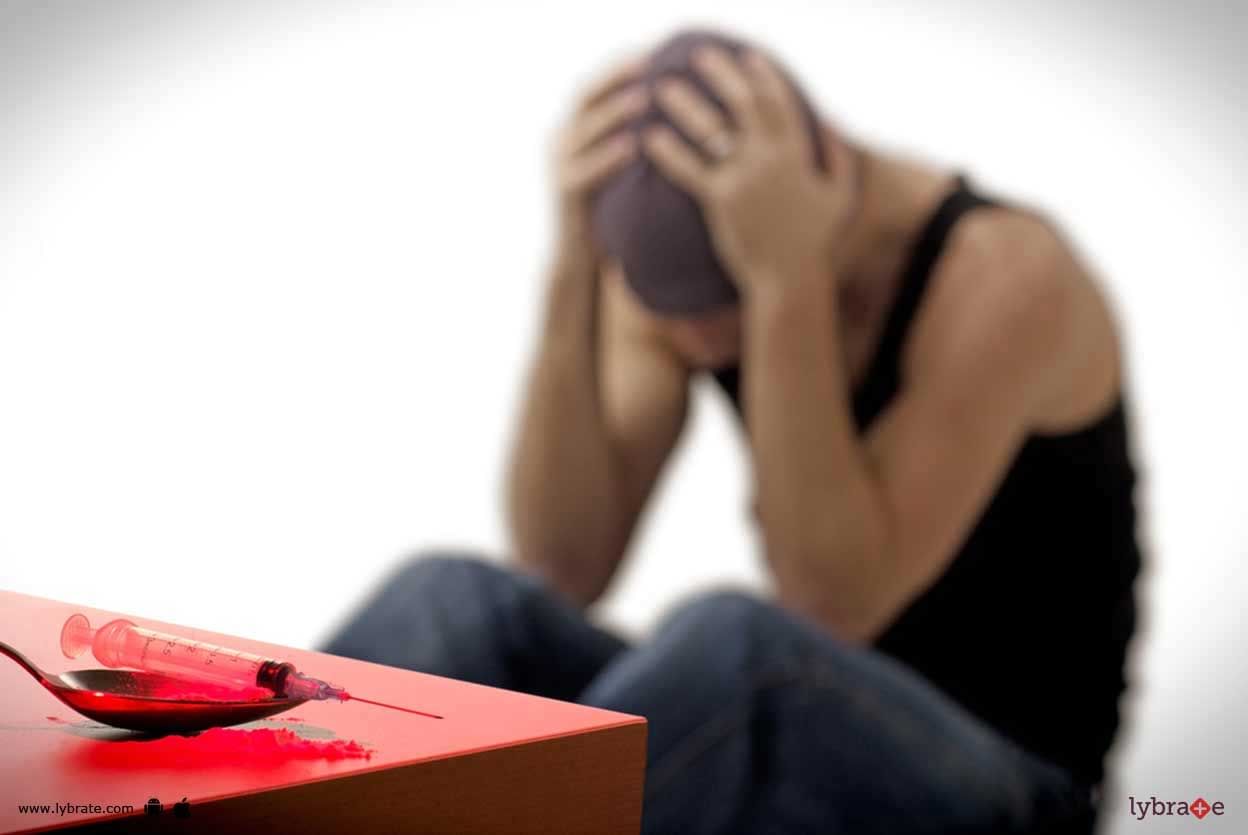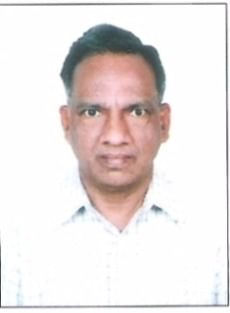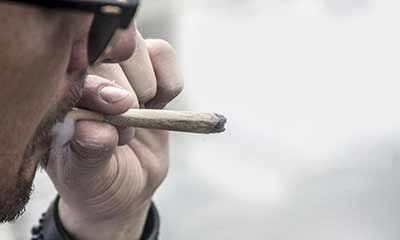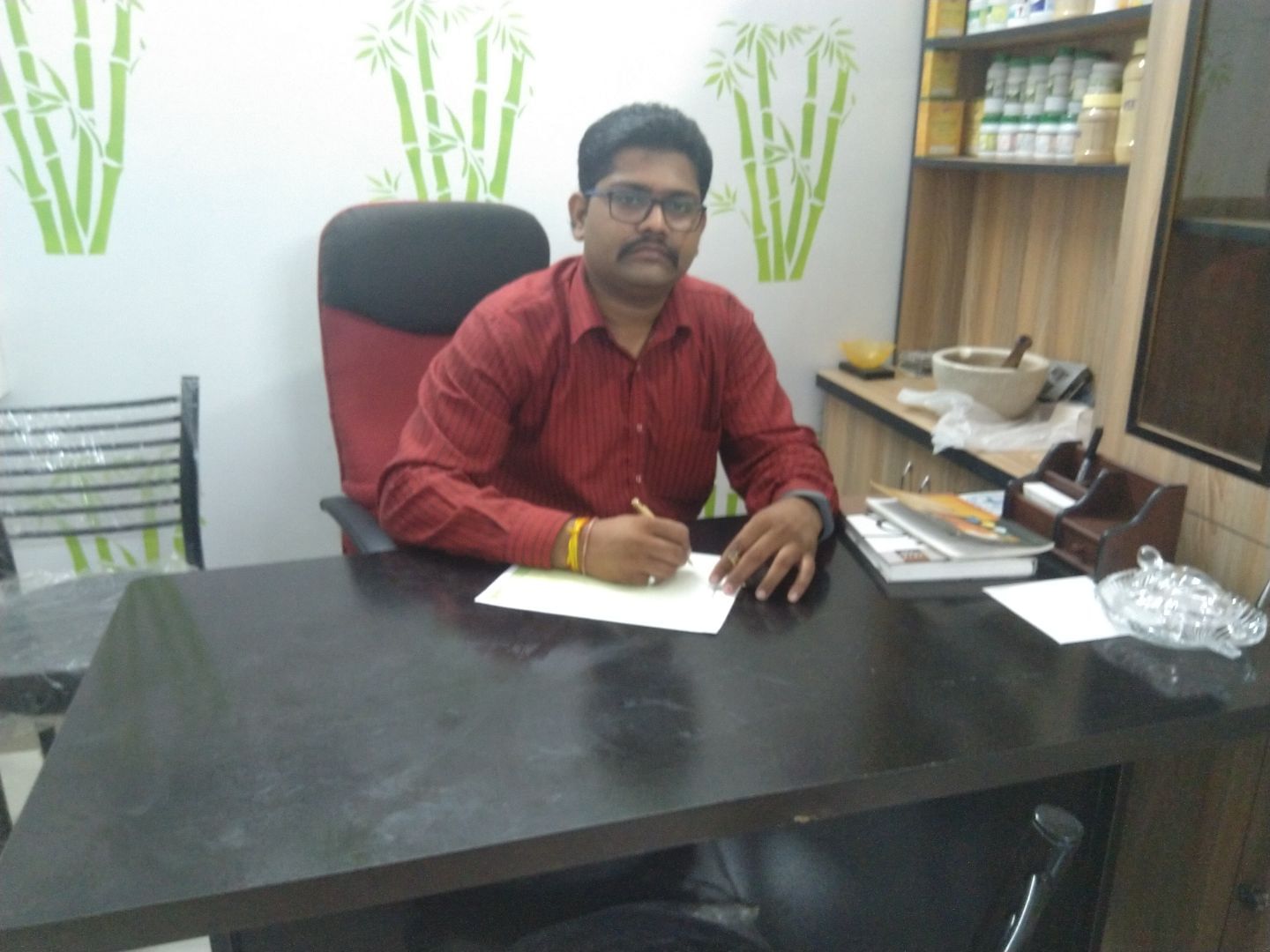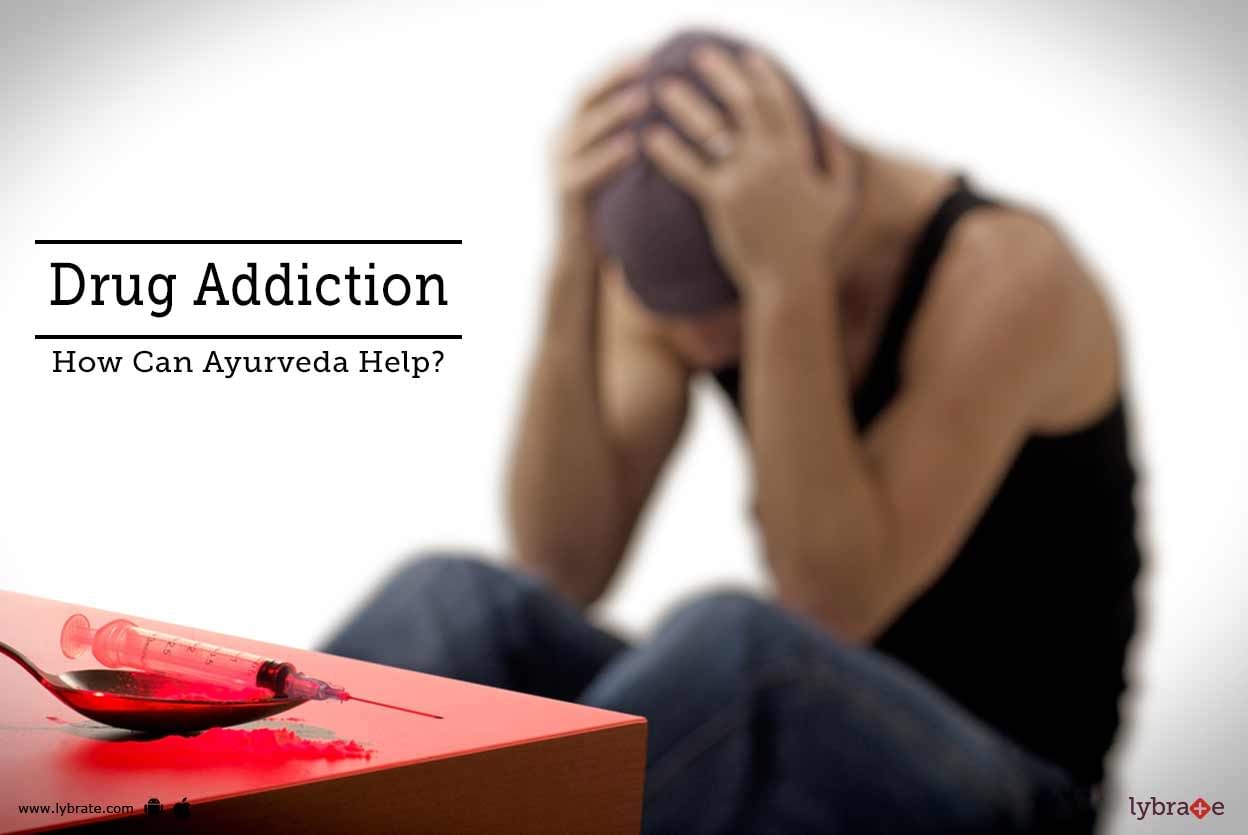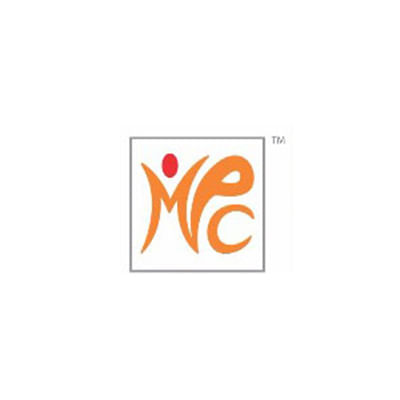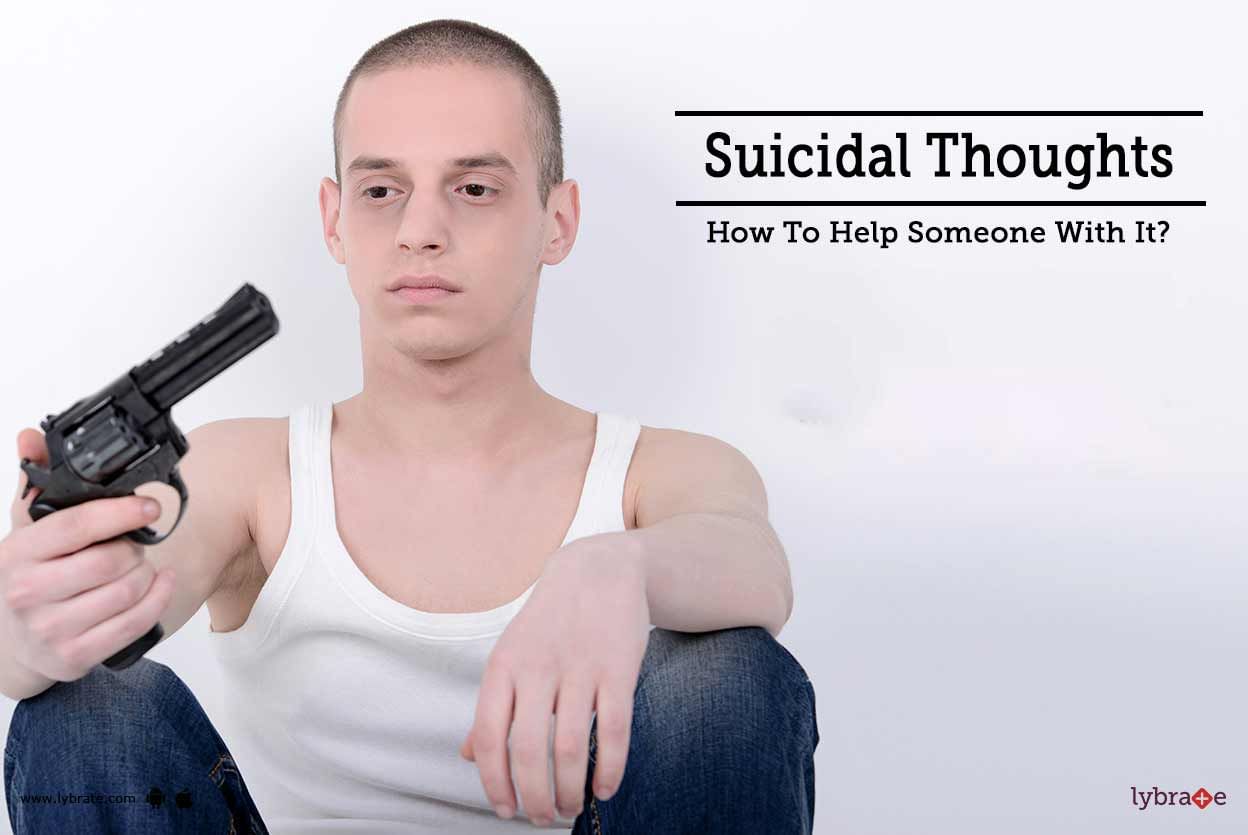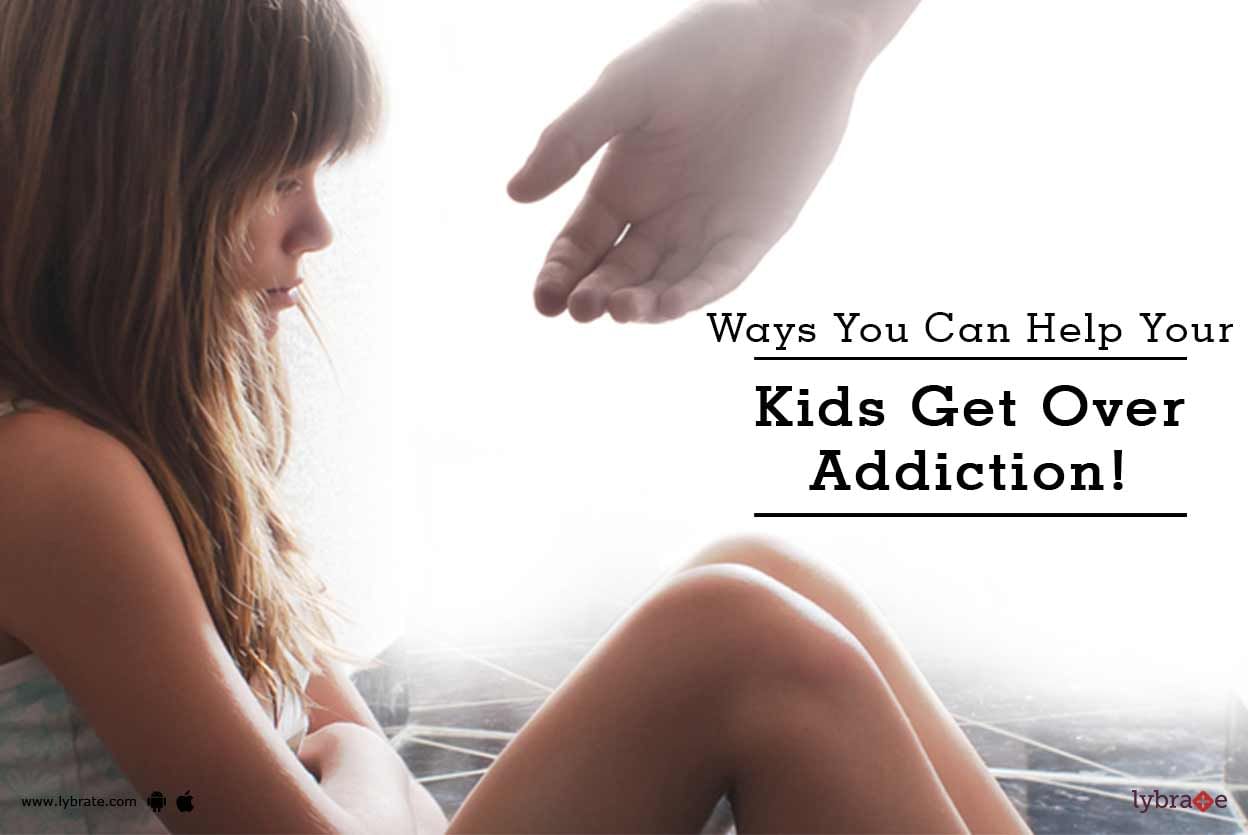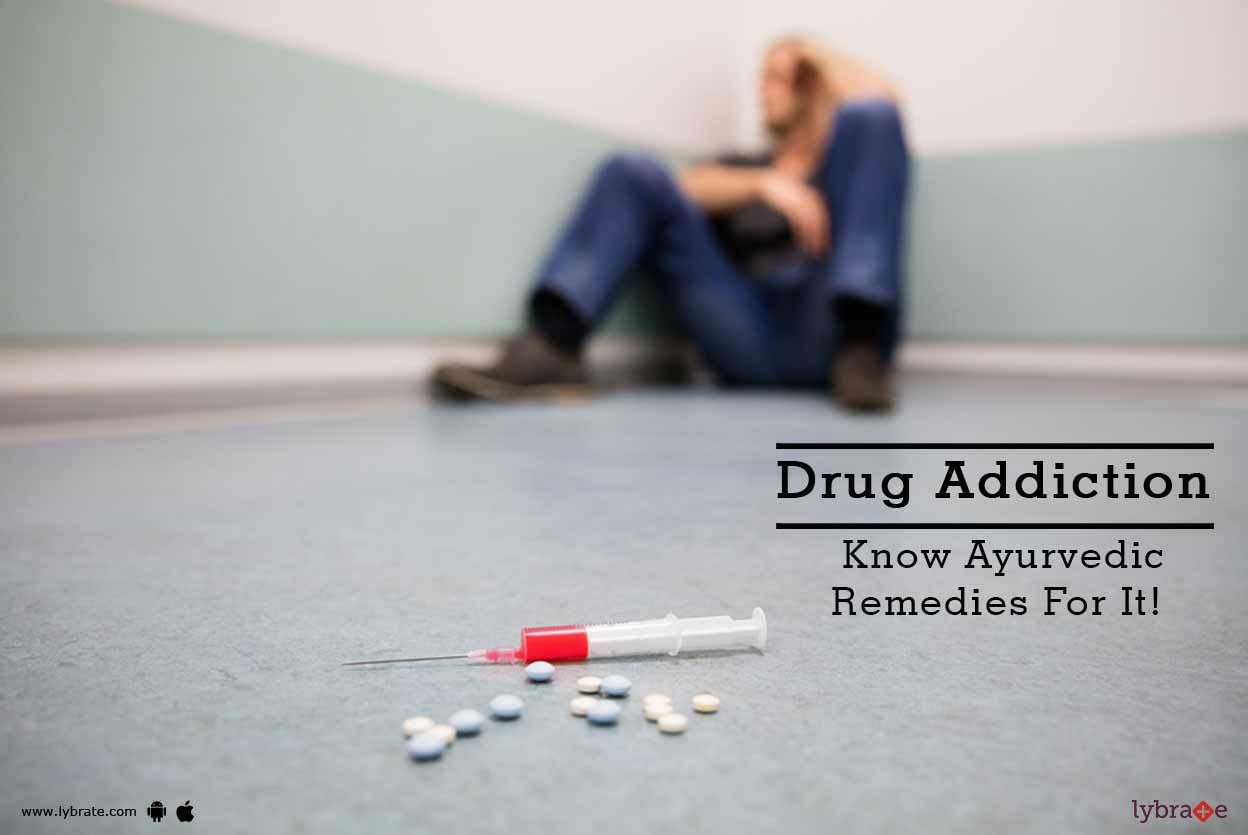Get the App
For Doctors
Login/Sign-up
About
Health Feed
Find Doctors
Health Packages
AllQ&AsTipsQuizzes
Drug Abuse Health Feed
Health Query
Share
Bookmark
Report
Hello, suptink had no such side effects.
Advice
assessment of vitamin d b12 t3t4 tsh advisable.
Till then
tab neurokind od one at night for two weeks.
Calcijointd3sachet or tablet once a week after breakfast for four weeks.
(clonazepam 0.5+propranolol 20)-1 at night for two weeks.
If feel better continue it for two months.
Advice
assessment of vitamin d b12 t3t4 tsh advisable.
Till then
tab neurokind od one at night for two weeks.
Calcijointd3sachet or tablet once a week after breakfast for four weeks.
(clonazepam 0.5+propranolol 20)-1 at night for two weeks.
If feel better continue it for two months.
16 people found this helpful
Asked for male, 29 years old from Satara
Share
Bookmark
Report
Health Query
Share
Bookmark
Report
I am sorry to hear about your concern but will be happy to assist you.
Specific drugs associated with aggression include alcohol, anabolic steroids, cocaine, amphetamines, sedatives, opiates, and hallucinogens. Aggression can be categorized into impulsive and predatory aggression. Drugs under certain conditions cause impulsive aggression.
Let's connect over a call so that we can discuss your concern in details and make a suitable treatment plan for you.
Specific drugs associated with aggression include alcohol, anabolic steroids, cocaine, amphetamines, sedatives, opiates, and hallucinogens. Aggression can be categorized into impulsive and predatory aggression. Drugs under certain conditions cause impulsive aggression.
Let's connect over a call so that we can discuss your concern in details and make a suitable treatment plan for you.
46 people found this helpful
Asked for male, 38 years old from Trichy
Share
Bookmark
Report
Psychologist•Chennai
Basically u need psychotheraphy if u r interested i will provide at free of cost
553 people found this helpful
Last Updated: 6 years ago• Featured Tip
Share
Bookmark
Report
Drug abuse or addiction is not a sign of weakness or a character flaw, but it takes a lot more than willpower to overcome the problem. Abuse of illegal or certain prescribed drugs can trigger alterations in the brain alterations that may lead to strong cravings and an impulse to use that makes sobriety seem like an unachievable goal. However, there is good news no matter how hopeless the situation may seem, or how many times you have tried to break free and failed, with support and appropria...more
Asked for male, 28 years old from Darjeeling
Share
Bookmark
Report
lybrate-user, homoeopathy offers very good treatment for your problem and without side effects or addiction. Please take homoeopathic medicine arsenic album 200 daily in the morning and evening (5 to 6 pills-- 2or 3 drops if it dilution-- each time) for 7 days. This being a chronic problem, it takes time. For further comprehensive treatment with more medication for a permanent solution, you may opt for private consultation with me: rs149/
12 people found this helpful
Last Updated: 6 years ago• Featured Tip
Share
Bookmark
Report
Drug addiction is a condition, which is abnormal or pathological and occurs due to excessive use of alcohol, drugs, smoking or other such addictive substances. The different effects of addiction are acute drug use, drug-seeking behavior, relapsing vulnerability, slow response to natural stimuli, and last but not the least, low motivation in life.
Drug addiction is regarded as a community disease as it leads to crimes, violence, failure in school, child-abuse, the loss of productivity an...more
Drug addiction is regarded as a community disease as it leads to crimes, violence, failure in school, child-abuse, the loss of productivity an...more
Last Updated: 6 years ago• Featured Tip
Share
Bookmark
Report
Psychiatrist•Mumbai
Although there is no single reason why someone may have suicidal tendencies, certain things can increase the risk. An individual is more likely to have suicidal thoughts if he has a mental health condition like depression, bipolar disorder or schizophrenia. The vulnerability also increases in cases of alcoholism, drug abuse or poor job security. It may not be possible to prevent suicidal thoughts, but keeping one's mind healthy with regular exercise, healthy eating and maintaining friendships ca...more
Last Updated: 6 years ago• Featured Tip
Share
Bookmark
Report
Drug addiction is a major problem in today's world. The major part of these drug abuse victims are teenagers. There are several reasons may drive your teen kid to hard drugs which include peer pressure, neglect, curiosity or just for the sake of being cool. This could be a major concern for the parents whose children get addicted to drugs but an important thing to keep in mind is that the only person who can help your kid overcome addiction are the parents.
Here are a few measures that ...more
Here are a few measures that ...more
Last Updated: 6 years ago• Featured Tip
Share
Bookmark
Report
Drug addiction is an addiction of a very severe kind. This causes the sufferer i.e. the drug addict to seek and use drugs compulsively despite the destructive consequences to themselves and those around them. This is known as a chronic brain disease because of the functional and structural changes it causes in the brain. It is the overpowering dependence on illegal or legal medications and drugs. One cannot quit taking drugs just by strong will or good intentions. Ayurveda's holistic method comb...more
Book appointment with top doctors for Drug Abuse treatment
View fees, clinic timings and reviews
Ask a free question
Get FREE multiple opinions from Doctors
posted anonymously


